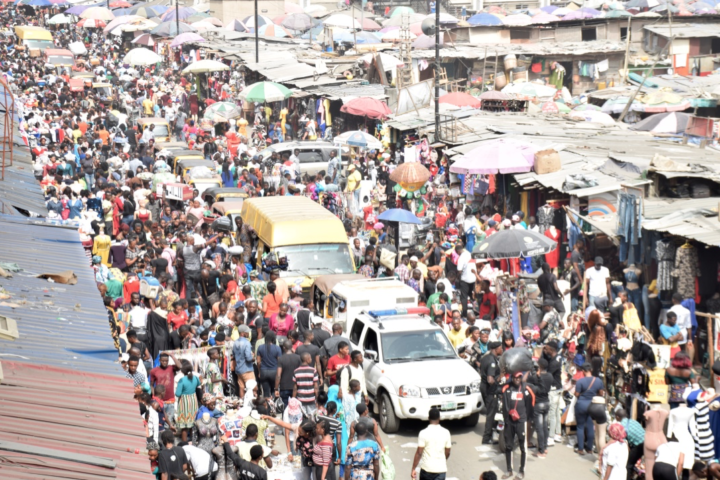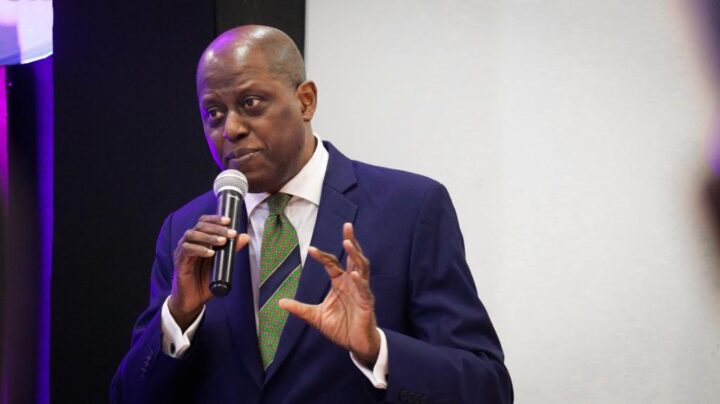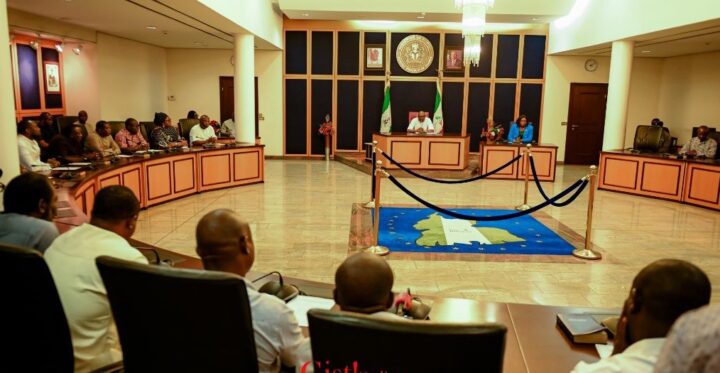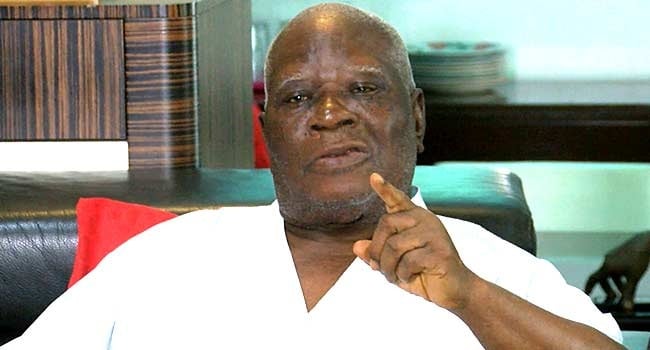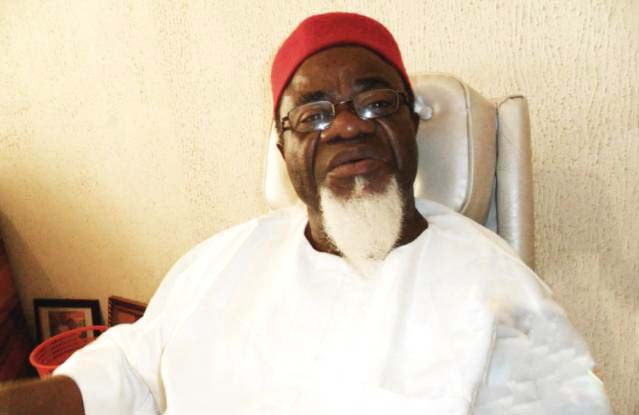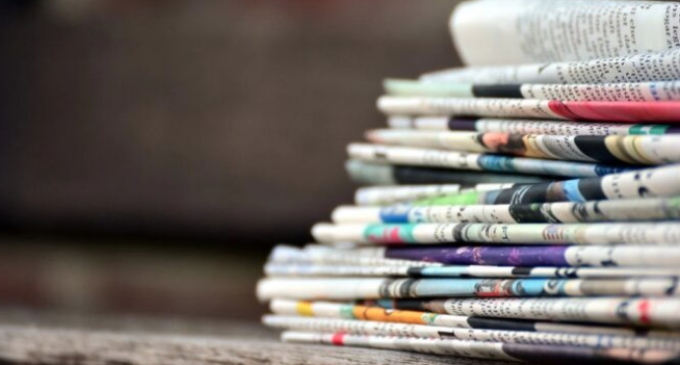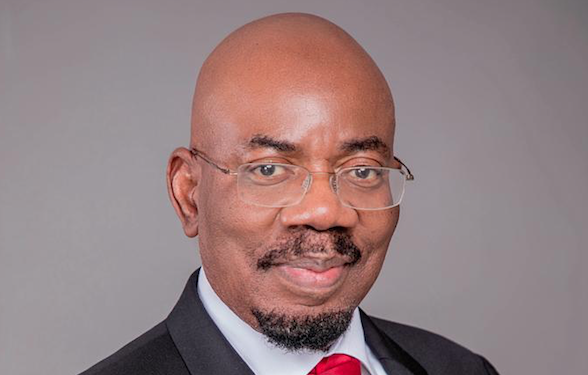The World Bank says poverty rate in Nigeria has increased to 46 percent in 2023, representing 104 million poor Nigerians.
This was disclosed in World Bank’s Nigeria development update, titled, ‘Turning the Corner: From Reforms & Renewed Hope, to Results,’ on Wednesday.
World Bank said Nigeria’s poverty rate rose from 40 percent in 2018 to 46 percent this year, as the number of poor people increased from 79 million to 104 million.
According to the report, more people have fallen below the poverty line due to sluggish growth and rising inflation.
Advertisement
“Sluggish growth and rising inflation have increased poverty from 40 percent in 2018 to 46 percent in 2023, pushing an additional 24 million people below the national poverty line,” the World Bank said.
The report said the number of poor people in urban areas — more exposed to inflation — increased from 13 million to 20 million, while the number of poor people in rural areas rose to 84 million from 67 million within the same period.
World Bank said the increase in poverty rate will be undone by the recent reforms of President Bola Tinubu from 2024 onward, reversing the rise to 44 percent in 2026.
Advertisement
“In the medium term, the reforms will reverse this trend through higher growth and lower inflation, but to a limited extent, with poverty rates decreasing from 46 percent in 2024 to 44 percent in 2026,” part of the report said.
The reforms undertaken by Tinubu are ending petrol subsidy in May and devaluation of the naira by shifting to a unified, market-reflective foreign exchange (FX) rate in June.
World Bank said the reforms were essential for Nigeria to avoid a fiscal cliff and enable faster growth even though they brought difficult economic adjustments.
“Since May, retail gasoline prices have increased by an average of 163 percent and the Nigerian naira (N) has depreciated against the US dollar by 41 percent in the official market and by 30 percent in the parallel market,” the World Bank said.
Advertisement
“The sharply higher price of gasoline and other imported goods has contributed to inflation, which increased from already elevated levels to 27.3 percent year-on-year (you) in October.”
On Wednesday, Alex Sienaert, the bank’s lead economist for Nigeria, said the country’s petrol should be priced at N750 per litre in filling stations based on present official exchange rate, not N650.
Add a comment
